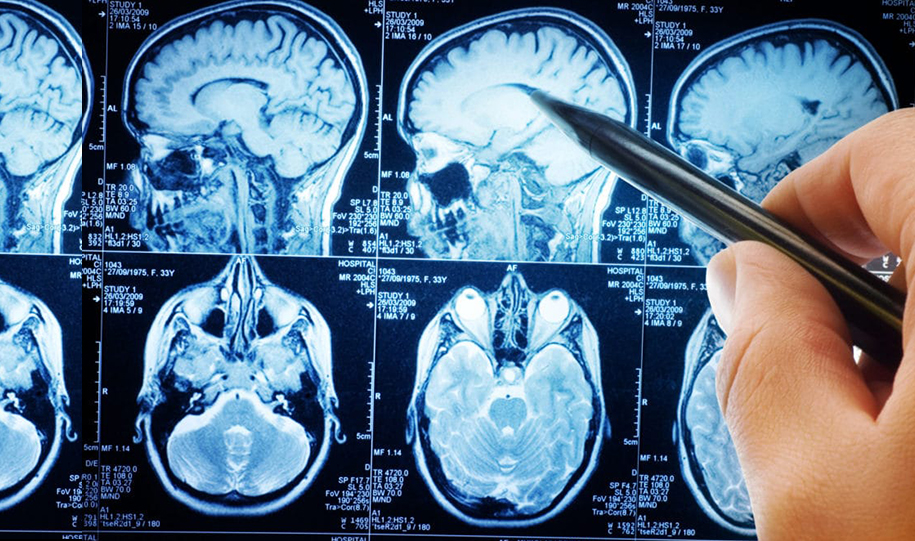An anticonvulsant often used to treat seizures may also improve learning and memory in patients with Alzheimer’s disease (AD), a new study in JAMA Neurology unveiled.
Known as levetiracetam, the drug is used to treat different types of epilepsy, including focal, partial-complex, and generalized epilepsy. But its recent focus on reducing hyperactivity in the hippocampus of patients with Alzheimer’s disease suggests levetiracetam may serve other functions.
For the study, 34 adults with Alzheimer’s were recruited to have levetiracetam administered at a low dose for a span of four weeks.
Among the participants with Alzheimer’s, the treatment improved executive function and spatial memory.
“This study’s findings indicated that extended neurophysiological assessments are important to identify patients with AD who could benefit from antiseizure approaches and that levetiracetam treatment could improve cognitive symptoms in the estimated 60% of patients with AD who have seizures and subclinical epileptiform activity,” according to the JAMA findings.
“These exploratory findings warrant further assessment of antiseizure approaches in AD.”


